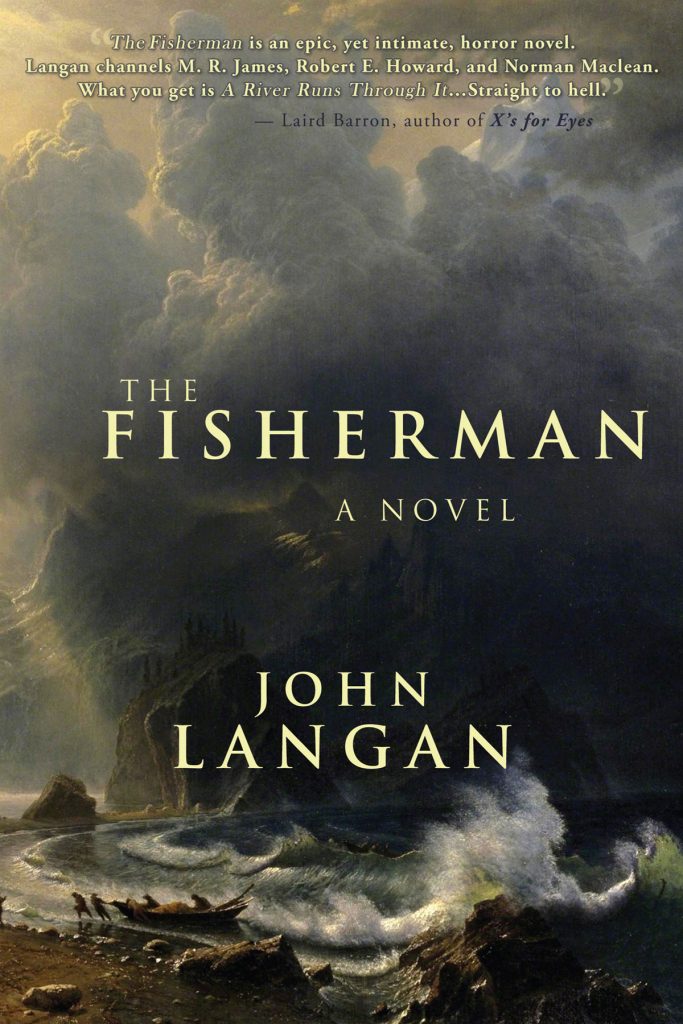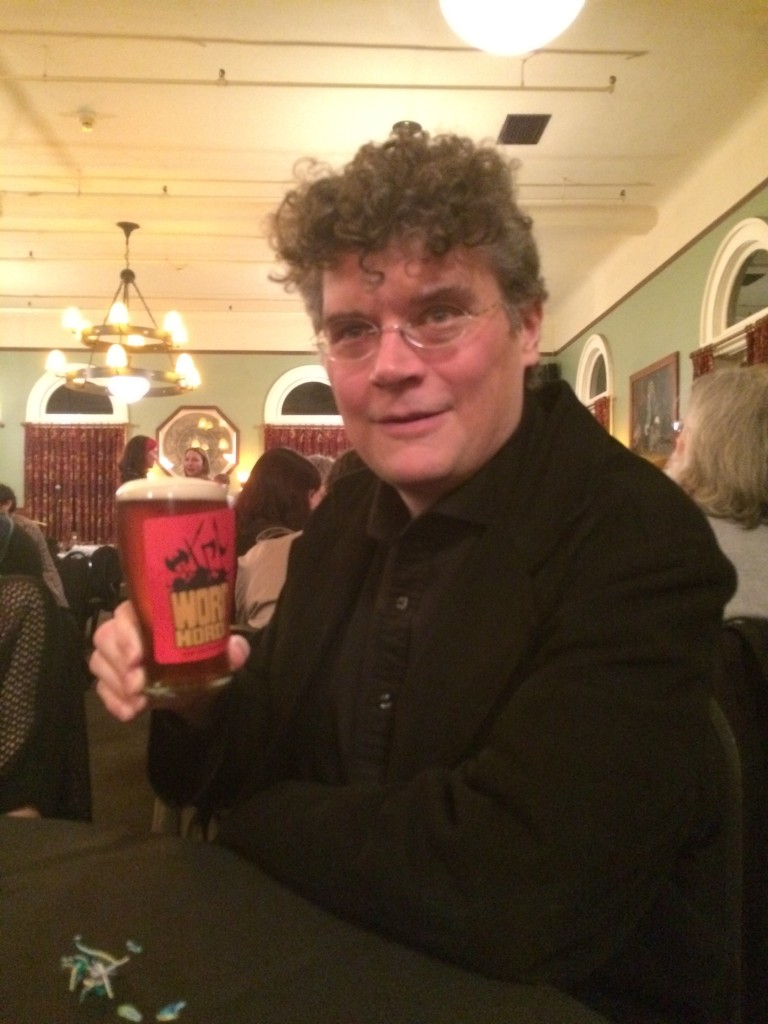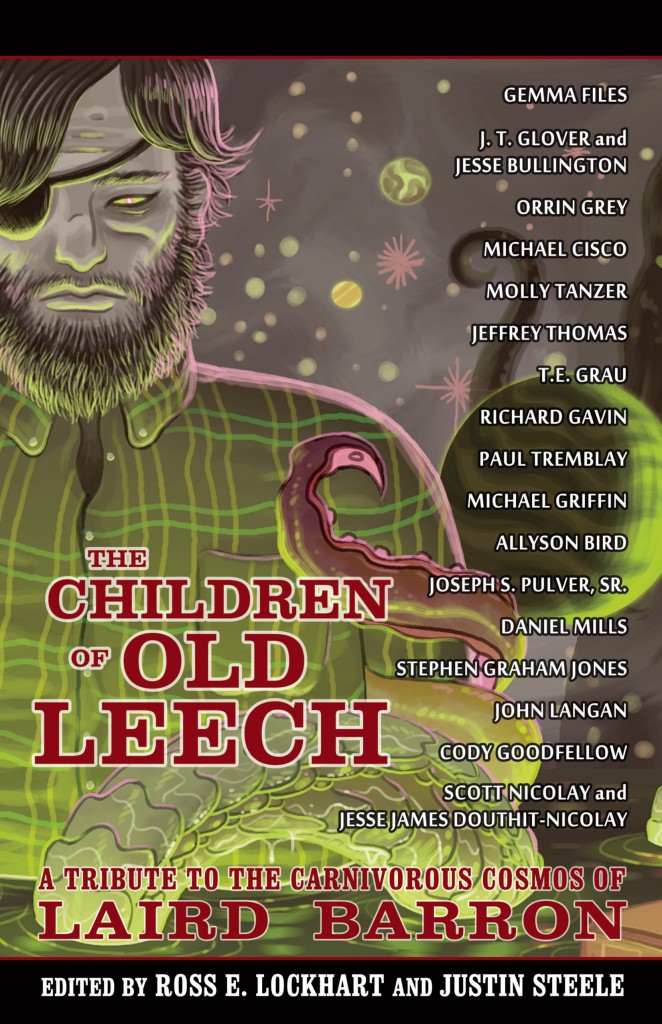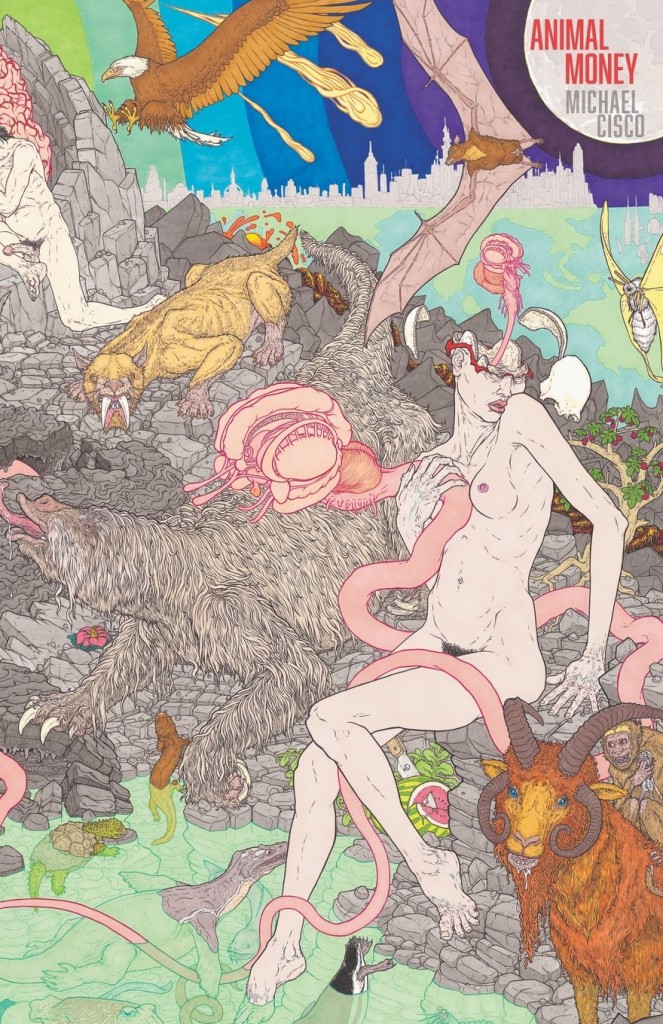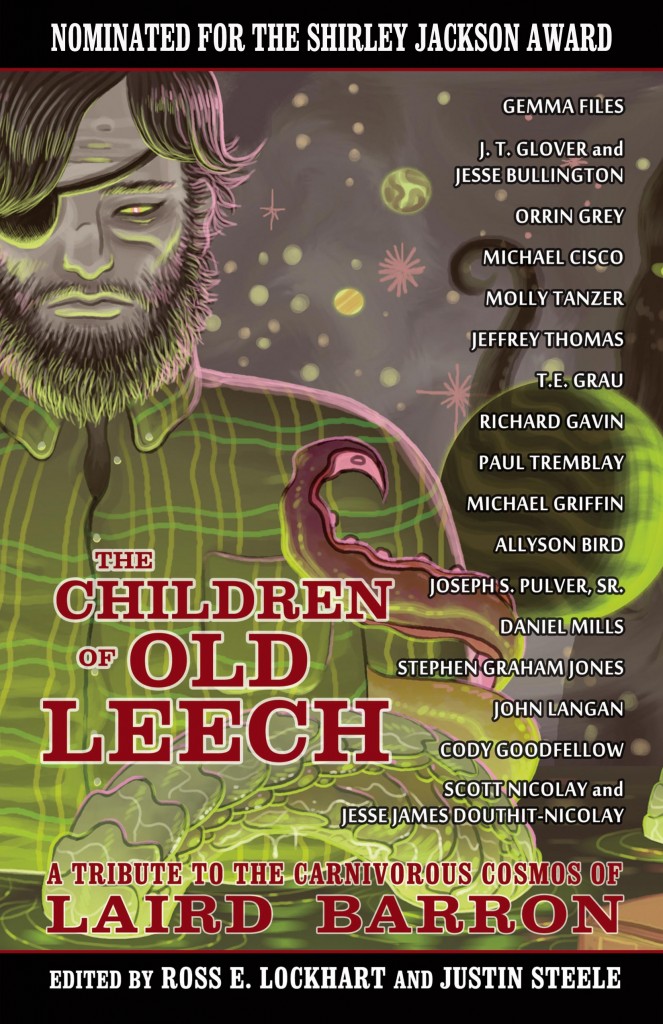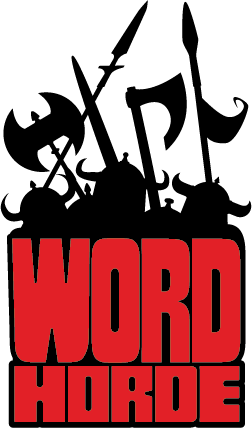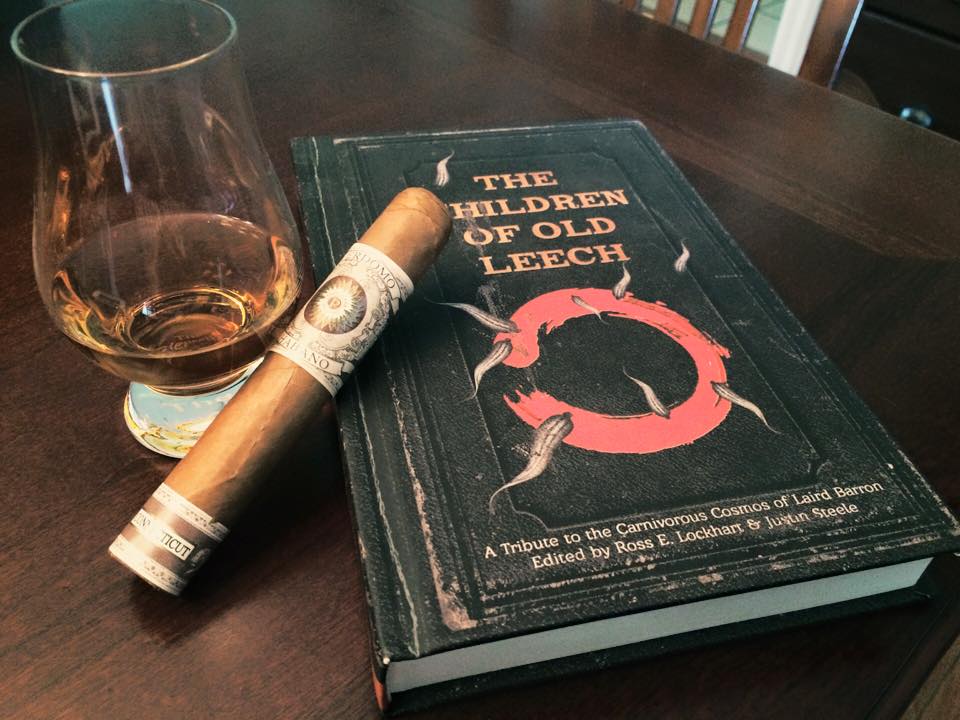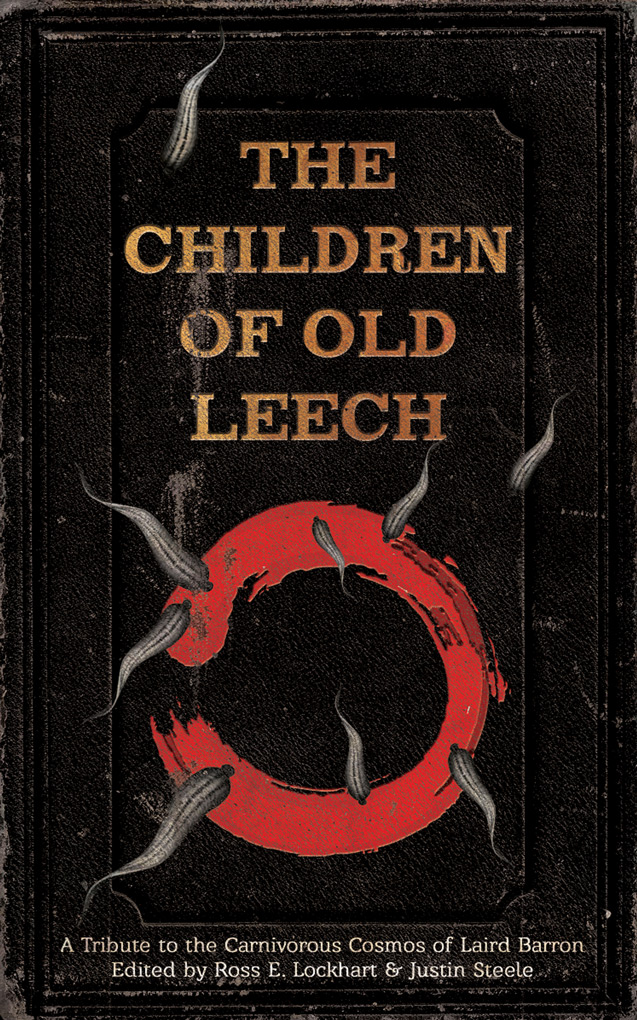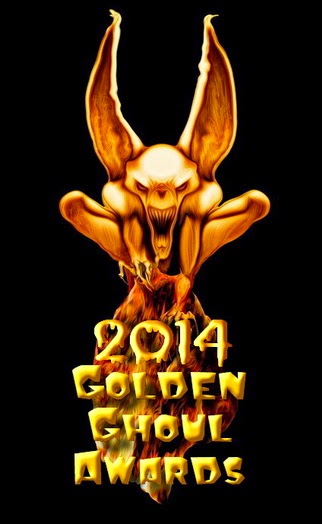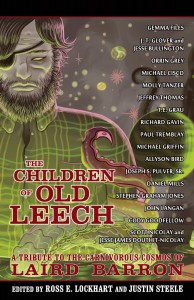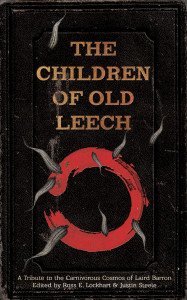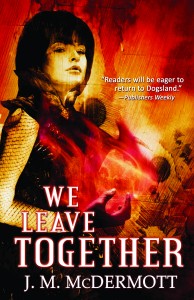Shipping this week: John Langan’s The Fisherman
You’ve enjoyed John Langan’s fiction in numerous anthologies, including The Children of Old Leech and Giallo Fantastique. You devoured his previous novel, House of Windows, and his collections, Mr. Gaunt and Other Uneasy Encounters and The Wide Carnivorous Sky and Other Monstrous Geographies. Now, prepare yourself for a fishing trip unlike any other as Word Horde presents John Langan’s latest novel of cosmic horror, The Fisherman. Available where better books are sold June 30th (ask for it by name!). We will be shipping direct orders of The Fisherman this week. It’s not too late to get your order in.
And while you’re waiting to hook your copy of The Fisherman on your line, check out this brand new interview with John Langan, conducted by Word Horde’s own Sean M. Thompson:
In upstate New York, in the woods around Woodstock, Dutchman’s Creek flows out of the Ashokan Reservoir. Steep-banked, fast-moving, it offers the promise of fine fishing, and of something more, a possibility too fantastic to be true. When Abe and Dan, two widowers who have found solace in each other’s company and a shared passion for fishing, hear rumors of the Creek, and what might be found there, the remedy to both their losses, they dismiss it as just another fish story. Soon, though, the men find themselves drawn into a tale as deep and old as the Reservoir. It’s a tale of dark pacts, of long-buried secrets, and of a mysterious figure known as Der Fisher: the Fisherman. It will bring Abe and Dan face to face with all that they have lost, and with the price they must pay to regain it.
“John Langan’s The Fisherman is literary horror at its sharpest and most imaginative. It’s at turns a quiet and powerfully melancholy story about loss and grief; the impossibility of going on in same manner as you had before. It’s also a rollicking, kick-ass, white-knuckle charge into the winding, wild, raging river of redemption. Illusory, frightening, and deeply moving, The Fisherman is a modern horror epic. And it’s simply a must read.” –Paul Tremblay, author of A Head Full of Ghosts and Disappearance at Devil’s Rock
“The Fisherman is an epic, yet intimate, horror novel. Langan channels M. R. James, Robert E. Howard, and Norman Maclean. What you get is A River Runs through It…Straight to hell.” –Laird Barron, author of X’s for Eyes
Feeling lucky? Take a chance at winning a copy of The Fisherman in our Goodreads Summer Solstice Giveaway, running now through July 4, 2016.

